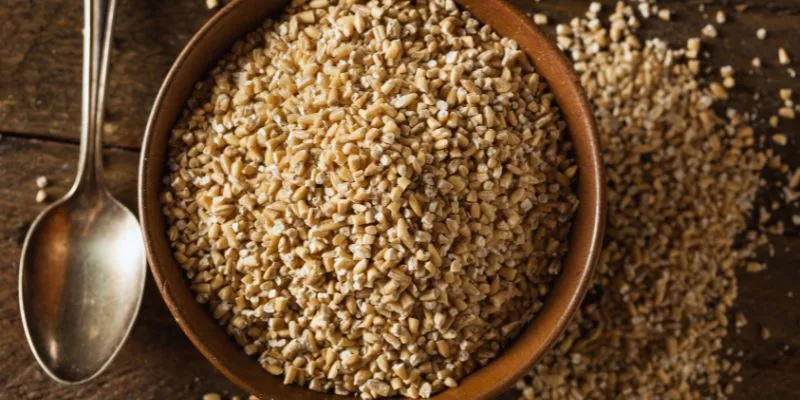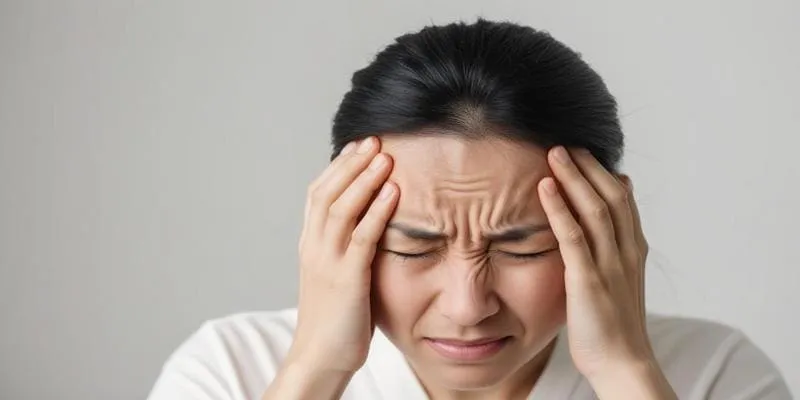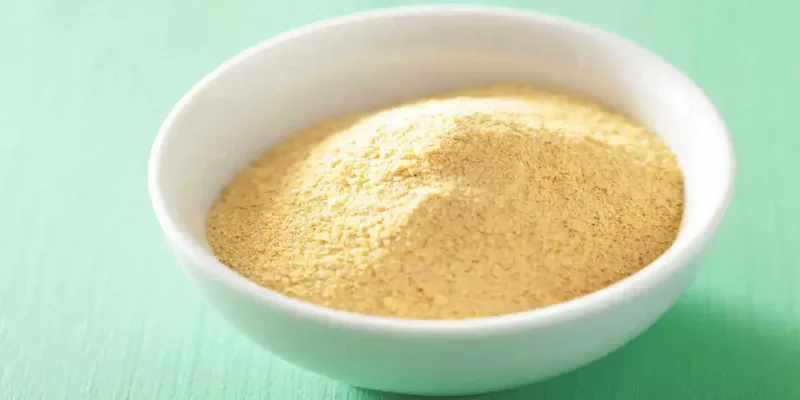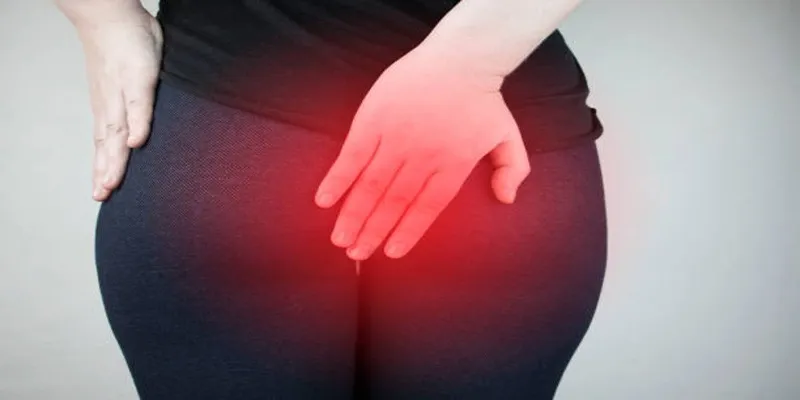Managing Fluids for Better Bladder Control
Is your bladder control out of your control? You are not alone. Millions of adults experience urinary incontinence, yet there are effective measures you can take. Among various solutions, managing fluid intake stands out as a powerful method to regain control. In this informative guide, we delve into the science of fluid management and share practical tips proven to aid in better bladder control. Learn how simple adjustments to your daily routine can lead to remarkable improvements in bladder health.
Bladder Control and Hydration Explained
 Moderate
bladder control is closely linked to proper hydration. While it may seem
counterintuitive, monitoring fluid intake is crucial for optimal bladder
health and alleviating incontinence symptoms.
Moderate
bladder control is closely linked to proper hydration. While it may seem
counterintuitive, monitoring fluid intake is crucial for optimal bladder
health and alleviating incontinence symptoms.
Hydration and the Bladder
Your bladder, a muscular sac that holds your urine, requires a delicate balance of fluids to function well. Drinking more leads to diluted urine, which may be less irritating to the bladder. Conversely, drinking less results in concentrated urine that can irritate the bladder.
How to Find the Balance
Achieving hydration balance is key. Excessive fluid intake can stress the bladder, causing urgency, while insufficient hydration leads to concentrated urine that irritates the bladder lining, worsening overactive bladder or incontinence symptoms.
Timing Counts
The timing of fluid intake significantly impacts bladder control. Consuming large amounts of liquid before bed can lead to nocturia, disturbing sleep patterns. Aim to distribute fluid intake evenly throughout the day, reducing consumption in the evening.
Type of Fluids
Not all fluids are equal for bladder health. Water is generally the best choice for hydration. Caffeinated and artificially sweetened beverages may act as diuretics or irritants. Pay attention to how different drinks affect your urinary habits and adjust accordingly.
The Link Between Fluid Intake and Bladder Health
Understanding the Fluid-Bladder Connection
The amount of fluid consumed affects bladder condition and function. Urination frequency and bladder volume depend on liquid type and quantity. Proper hydration and bladder control form a partnership that helps manage bladder health effectively.
Optimal Fluid Intake for a Healthy Bladder
While staying hydrated is essential for overall health, excessive fluid intake can exacerbate bladder control issues. Aim for a moderate approach:
- Drink 6-8 glasses (48-64 ounces) of water daily, unless advised otherwise by your healthcare provider.
- Spread fluid intake evenly throughout the day to avoid overwhelming your bladder.
- Reduce liquid consumption in the evening to minimize nighttime urination.
Types of Fluids and Their Impact
Not all fluids are created equal, and some beverages stimulate or exacerbate urinary output. Water is ideal for hydration and maintaining bladder health. Limit liquids like caffeine and carbonated drinks, which can impair bladder function.
Some Artificial Sweeteners Cause Bladder Irritation
Strategic planning of drinking times greatly impacts bladder control. Rather than consuming large quantities at once, spread them throughout the day. Consume most fluids in the morning and early afternoon, tapering off toward the evening to reduce nighttime disturbances.
Changing Beverages
Types of fluids consumed: The beverages you choose significantly affect bladder management. Water should be your primary fluid source as it is essential and non-irritating. Limit or avoid known bladder irritants like caffeine and carbonated drinks, which increase urinary urgency and frequency. If you enjoy these beverages, consider consuming them earlier in the day to minimize nighttime disruptions.
Monitoring Fluid Volume
While hydration is important, excessive fluid can worsen bladder control issues. Listen to your body: drink when thirsty and aim for pale yellow urine. Remember, some foods are high in fluid content, like soups and fruits. Diaries can help identify patterns in fluid intake and bladder habits for better planning.
Hydration and Bladder Health: A Delicate Balance
Balancing hydration with manageable bladder control can be challenging. Discuss your specific needs with a healthcare professional who can provide tailored advice considering factors like age, physical activity, and overall health. Proper fluid management is part of an integrated approach to enhanced bladder control.
Diagnosis of Bladder Control Problems
Recognizing bladder control problem symptoms is the first step toward effective treatment. Many people experience frequent urination, urgent urination, or involuntary leakage. Understanding the causes and seeking appropriate help can lead to successful treatment.
Common Symptoms and Causes
Urinary incontinence—the involuntary leakage of urine—is a common bladder control problem. Symptoms include:
- Leaking urine when coughing, sneezing, or exercising (stress incontinence)
- Sudden, strong urges to urinate (urge incontinence)
- Difficulty emptying the bladder (overflow incontinence)
Factors such as pregnancy, childbirth, menopause, neurological disorders, and medications can cause these issues.
Finding a Professional
If you experience bladder control issues, consult a doctor. They will conduct a thorough examination, including:
- A physical history
- Urinalysis to identify infections or abnormalities
A bladder diary helps track fluid intake and urination patterns. Self-managing techniques include:
- Kegel exercises to strengthen bladder-supporting muscles
- Bladder training to gradually increase time between urges
- Maintaining a healthy weight to reduce bladder pressure
- Avoiding bladder irritants like caffeine
Conclusion
Controlling your bladder starts with balanced fluid intake. The tips provided can help reduce urinary frequency and urgency. Key points include drinking fluids evenly throughout the day, controlling bladder irritants, and practicing good bathroom habits. If symptoms persist, consult your healthcare expert. With patience and persistence, you can achieve significant improvements in bladder health.





